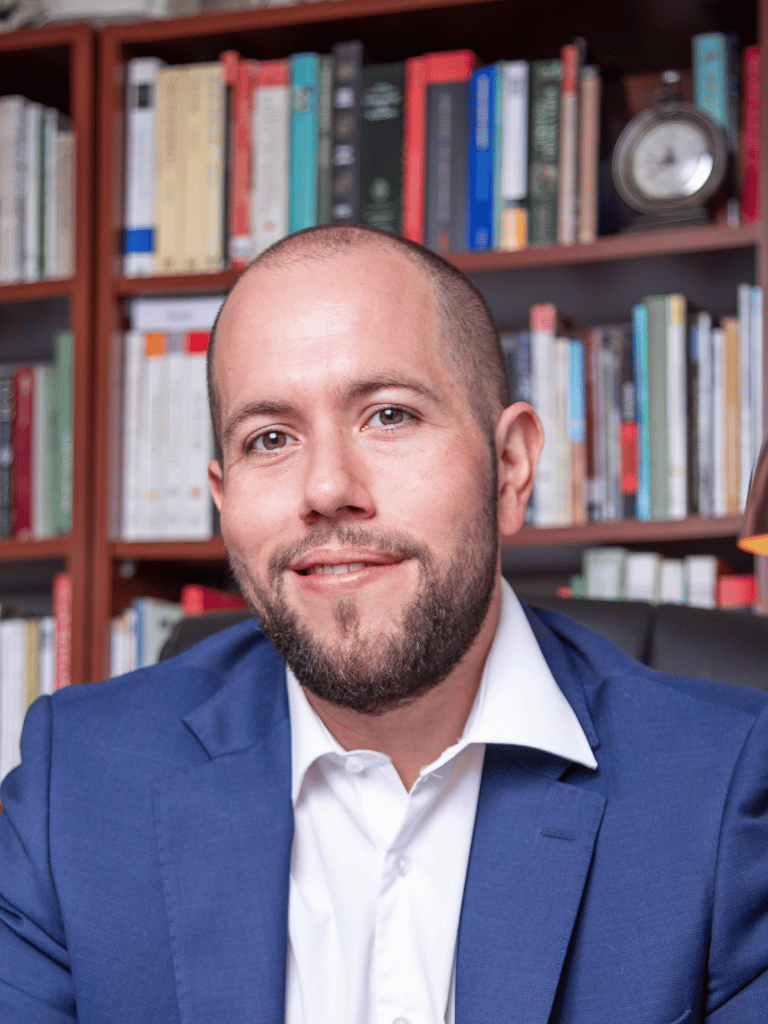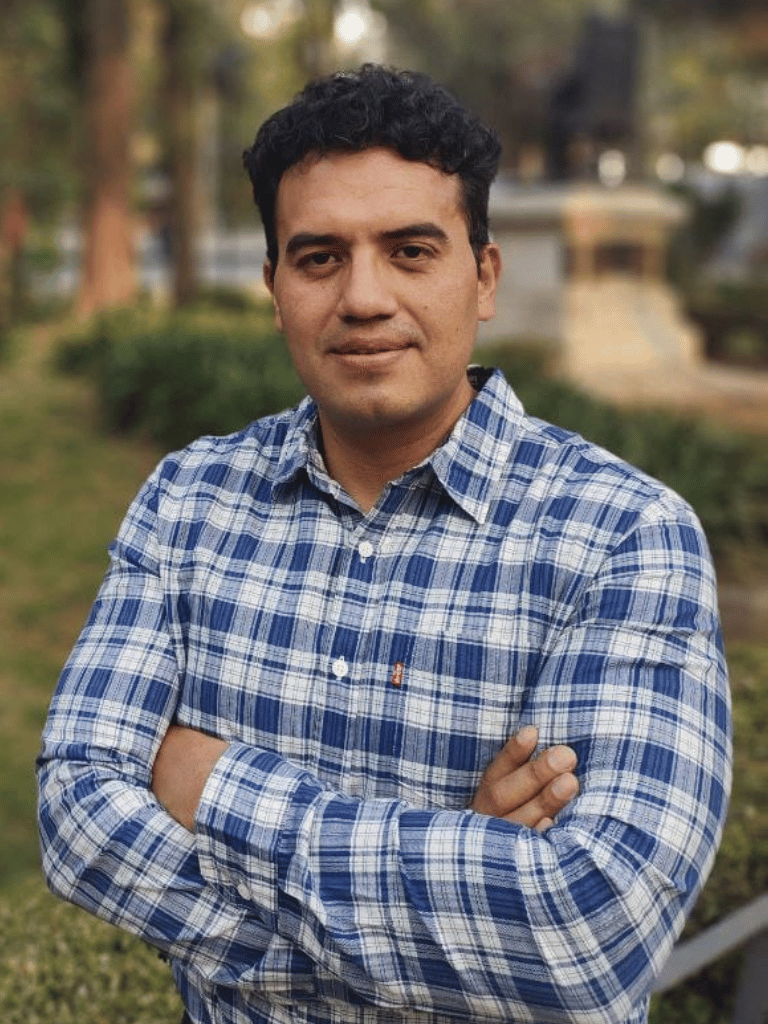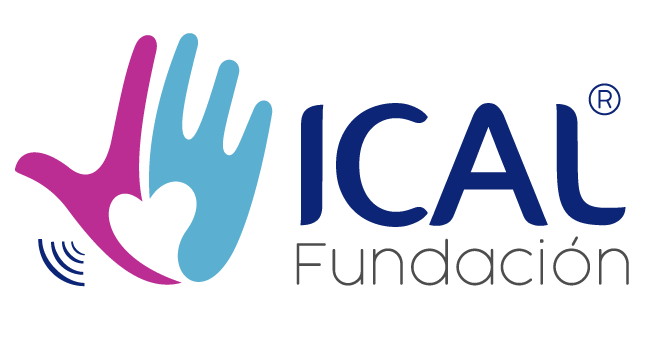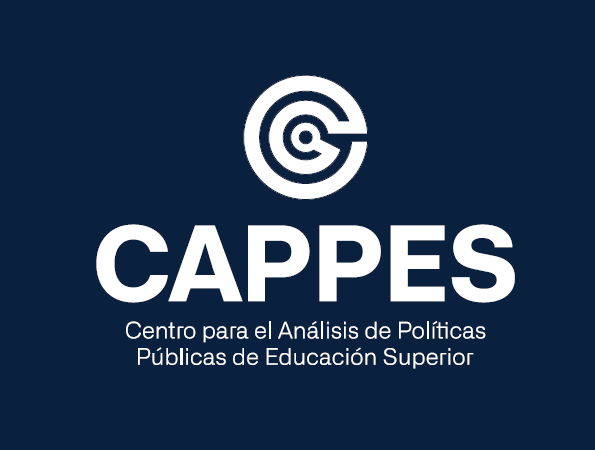
Fellows
Leaders reshaping Latin America's future. They build with purpose, lead with courage, and create impact through innovation and boldness. Meet them and get inspired.

More than 1.5 million rural Colombians live without electricity. 30% lack basic sanitation and 21% lack safe drinking water, affecting their health, education, and well-being.

Over 485,000 children under the age of five die from drinking contaminated water worldwide.

Early math skills predict future academic performance. Gaps in numeracy skills and unequal access to learning support set children apart from an early age.

Bullying affects between 18% and 31% of young Panamanians. Violence in Panamanian schools hinders the teaching-learning process and drives school dropouts.

Colombia has 95% electricity coverage. However, while in urban areas it reaches 99%, in rural areas it only reaches 86%. This means has more than 2.5 million people without access to an electricity grid.
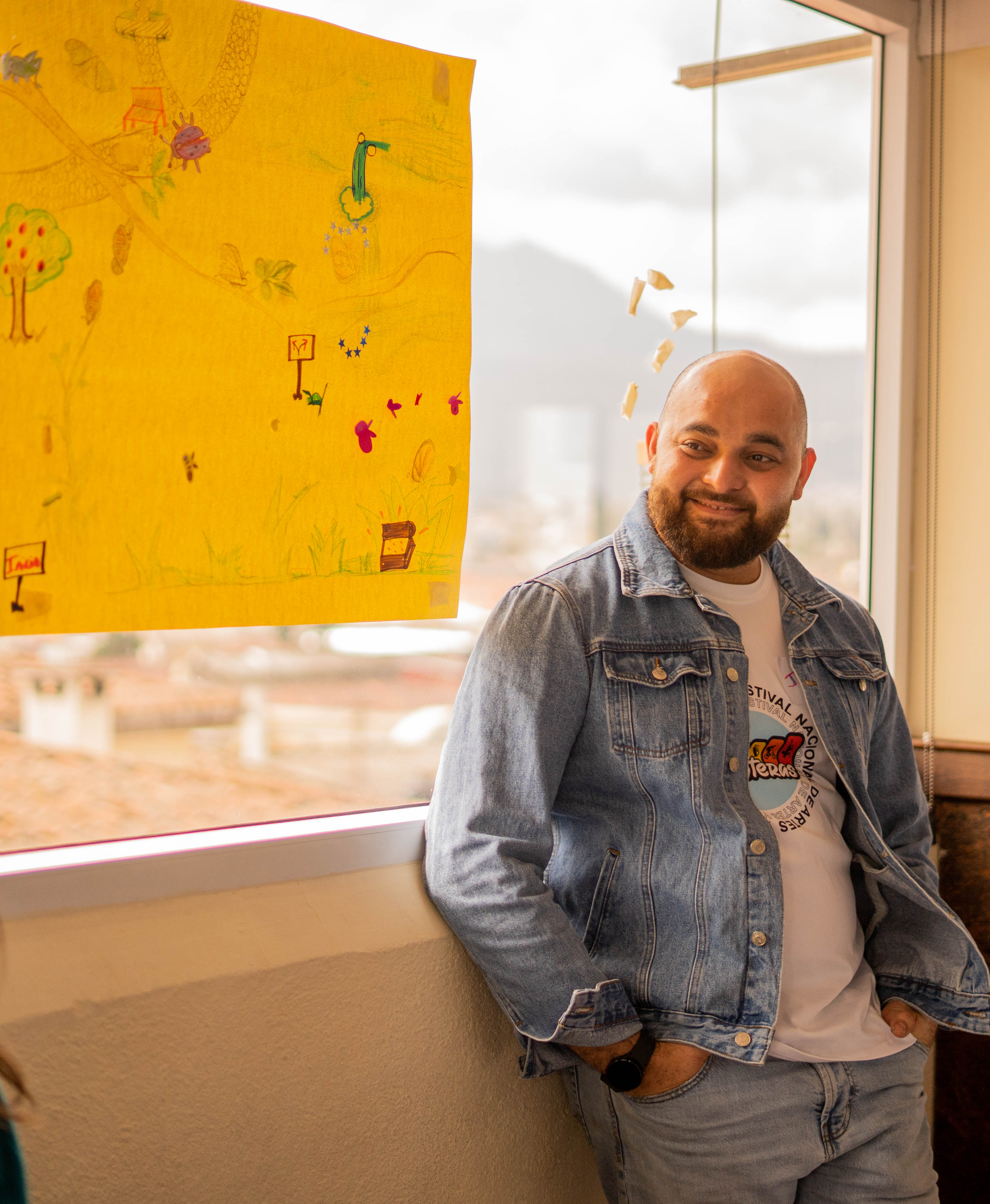
Honduras is among the most dangerous countries in Latin America. The violence has caused the forced displacement of more than 247,000 people, of whom more than 40% are children and adolescents.

Costa Rica is undergoing a major transformation in its political system and economy. Over 85% of people express low trust in democratic institutions.

In Guatemala, 83% of the population distrusts public institutions, and only 22% of municipalities publish accessible fiscal information, limiting accountability.
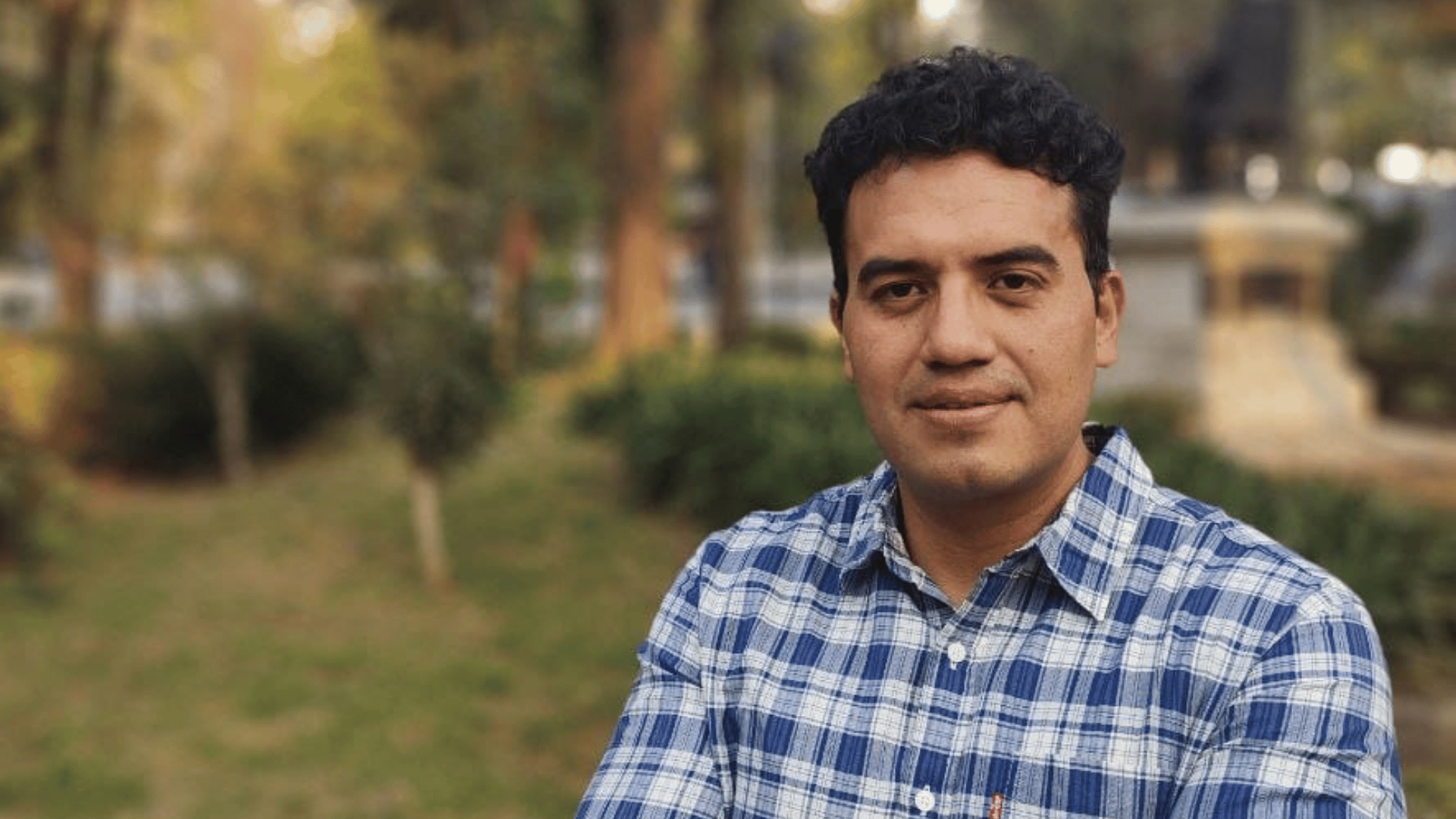
In Mexico, children and youth perspectives in the formulation of policies are unable to effectively protect their rights.

Over 400,000 people in Colombia live with hearing disabilities. Limited resources and support hinder their inclusion and needs.

Only 17% of jobs in Latin America require a university degree, but 70% of students pursue that path. In Peru, many migrate to study, and lack of data limits effective educational policy.
%252004.29.43.png)
In Panama, 440 children are born yearly with congenital heart disease, the leading cause of neonatal deaths worldwide.
Multiply your impact
Stay informed about the latest trends, tools, and funding opportunities in our monthly newsletter.













